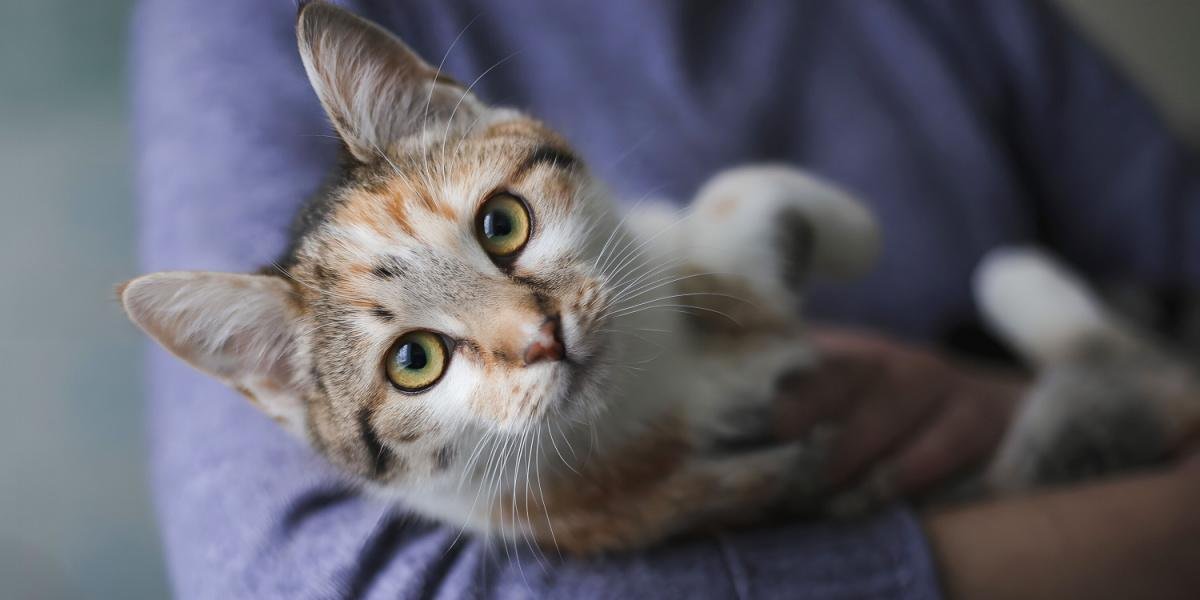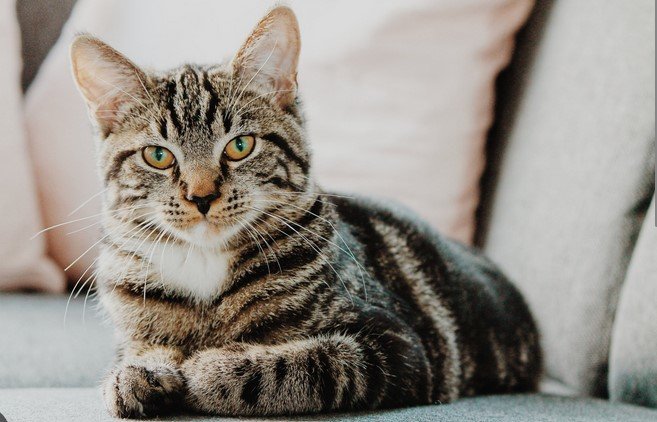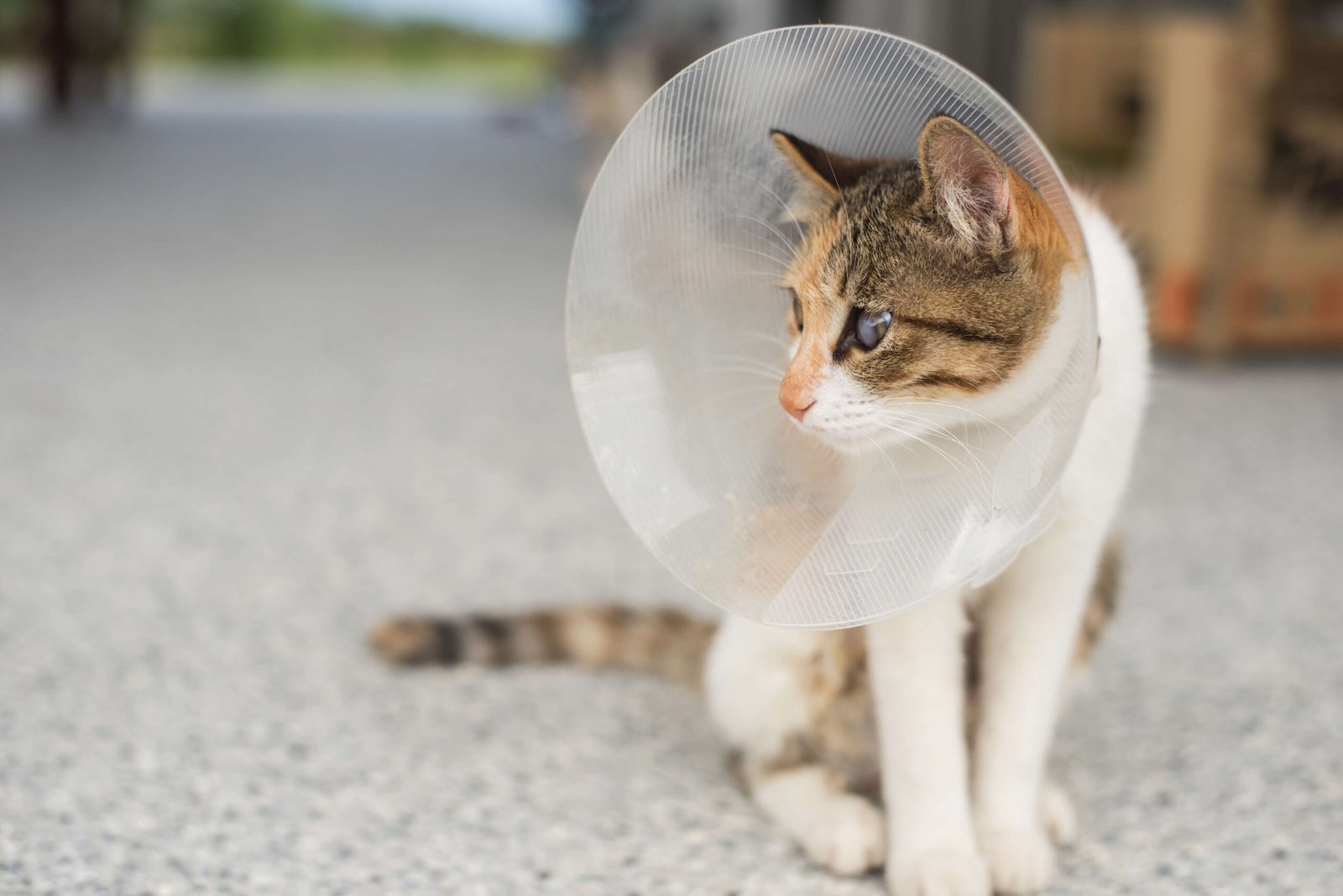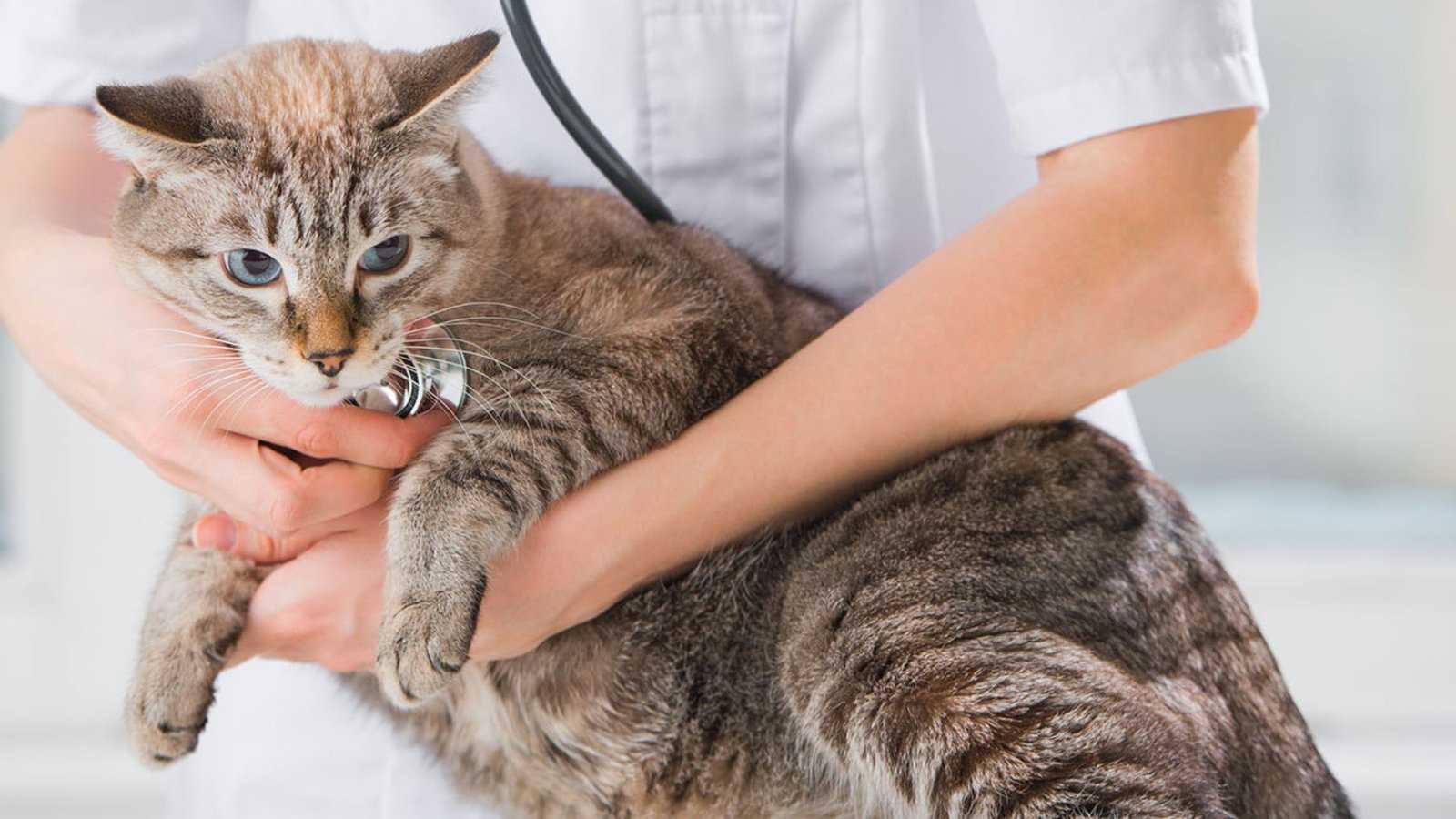When it comes to choosing a feline companion, one of the most common questions pet owners ask is whether female cats are friendlier than male cats. While there are general traits associated with each gender, the idea that female cats are inherently friendlier than their male counterparts is a myth. In reality, a cat’s behavior is influenced by a wide range of factors, including genetics, environment, and individual personality. Let’s explore the truth behind this question and debunk some common myths about cat personalities.
The Myth: Female Cats Are Friendlier Than Male Cats
This myth likely stems from the perception that female cats are more independent and less prone to territorial behavior. While it’s true that female cats tend to be a bit more reserved and cautious in their interactions, this doesn’t necessarily mean they are friendlier than males. In fact, both male and female cats can be equally affectionate and sociable, depending on their upbringing and individual personalities.
The Role of Socialization in a Cat’s Personality
The most significant factor in determining a cat’s personality is its early socialization. Kittens that are handled and exposed to a variety of people and environments during the first few weeks of life tend to be more confident, friendly, and adaptable. Cats that haven’t had this positive exposure may be more timid, regardless of their gender.
It’s important to note that cats that are raised in a stimulating and loving environment are more likely to form bonds with humans and other pets. This means that whether your cat is male or female, its behavior is largely shaped by its experiences during the formative stages of life.
Male Cats and Affection
Male cats, particularly neutered ones, are often just as affectionate as female cats. Neutering a male cat can reduce behaviors such as spraying and roaming, making them more inclined to stay close to home and bond with their owners. Male cats can be very cuddly and often enjoy sitting on laps, being petted, and even following their owners around the house.
Additionally, male cats may be more playful and mischievous, which can contribute to a fun, interactive relationship. They may initiate play more actively, which can make them seem more outgoing in some cases. However, this doesn’t necessarily make them friendlier—it just means they express their affection in different ways.
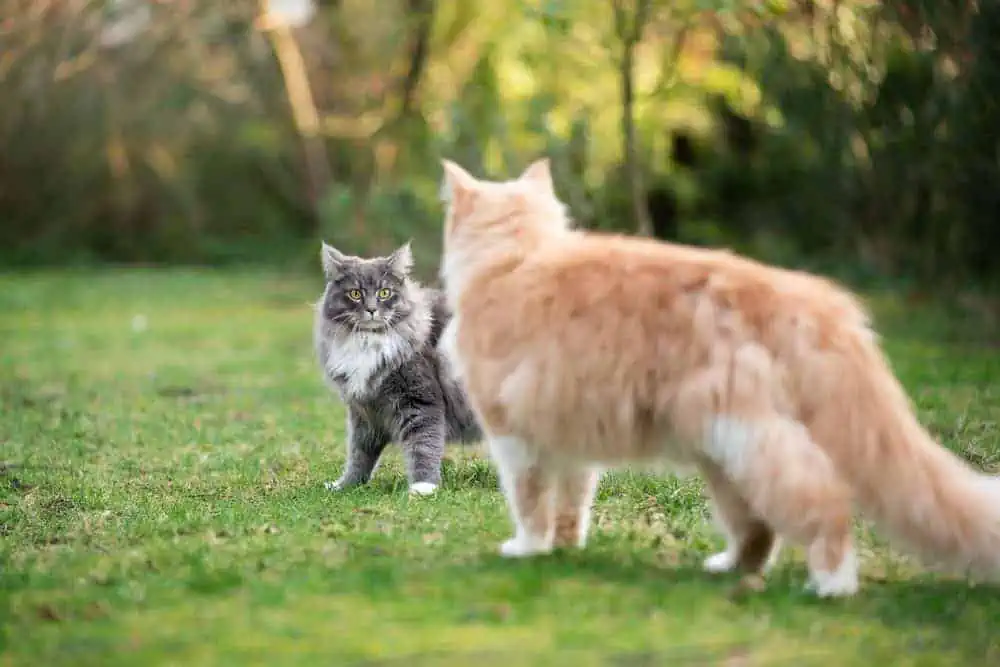
Female Cats and Independence
Female cats are often seen as more independent or even standoffish, especially when not in heat. While it’s true that female cats are generally more territorial and can display more reserved behavior, this doesn’t mean they are unfriendly. Female cats may simply take longer to warm up to new people or environments. Once they form a bond with their owners, they can be just as affectionate as male cats.
Some female cats also have strong maternal instincts, which can make them more nurturing and attentive, particularly to other pets or people in the household. This behavior might contribute to the perception that female cats are “kinder,” but it’s really just a reflection of their natural instinct to protect and care for others.
The Influence of Spaying and Neutering
Both spaying (female cats) and neutering (male cats) play a significant role in a cat’s behavior. Unspayed female cats are more likely to go into heat, which can lead to restlessness and louder vocalizations. These behaviors are often mistaken for being “unfriendly.” Spaying a female cat can reduce these behaviors, leading to a calmer and more affectionate demeanor.
Similarly, unneutered male cats may be more territorial and prone to marking their territory. Neutering can help reduce these behaviors and encourage a more affectionate, social cat.
Individual Personality Matters Most
It’s important to remember that personality traits in cats are highly individual. Just as humans have distinct personalities, so do cats. Some cats—whether male or female—may be more outgoing and affectionate, while others are naturally more reserved. These traits can be influenced by their breed, environment, early experiences, and even genetics.
For example, some breeds, such as Ragdolls and Siamese, are known for being particularly affectionate and people-oriented, regardless of gender. Other breeds, like the independent Russian Blue, may lean towards a more solitary nature, again, regardless of whether they are male or female.
Factors Affecting Friendliness
Several factors contribute to a cat’s friendliness, including:
- Socialization: Early positive experiences with people, other pets, and various environments shape a cat’s ability to trust and form bonds.
- Health: Illness or discomfort can make a cat more distant or irritable, regardless of gender.
- Environment: A calm and stable home environment encourages cats to feel safe and comfortable, leading to more affectionate behavior.
- Breed: Certain breeds have specific temperament traits, with some being more affectionate and social than others.
Conclusion
So, are female cats friendlier than males? The truth is, it depends on the individual cat. Both male and female cats can be affectionate, social, and loving, or they can be independent and reserved. The key factors in determining a cat’s personality are its socialization, early experiences, and the environment in which it is raised. While gender may play a minor role in some behavioral differences, it is not the determining factor in whether a cat is friendly.
When choosing a cat, the best approach is to focus on the cat’s individual temperament and personality, rather than its gender. Regardless of whether you’re adopting a male or female cat, with the right care, attention, and love, your feline companion will thrive and develop a bond with you that is unique and fulfilling.

